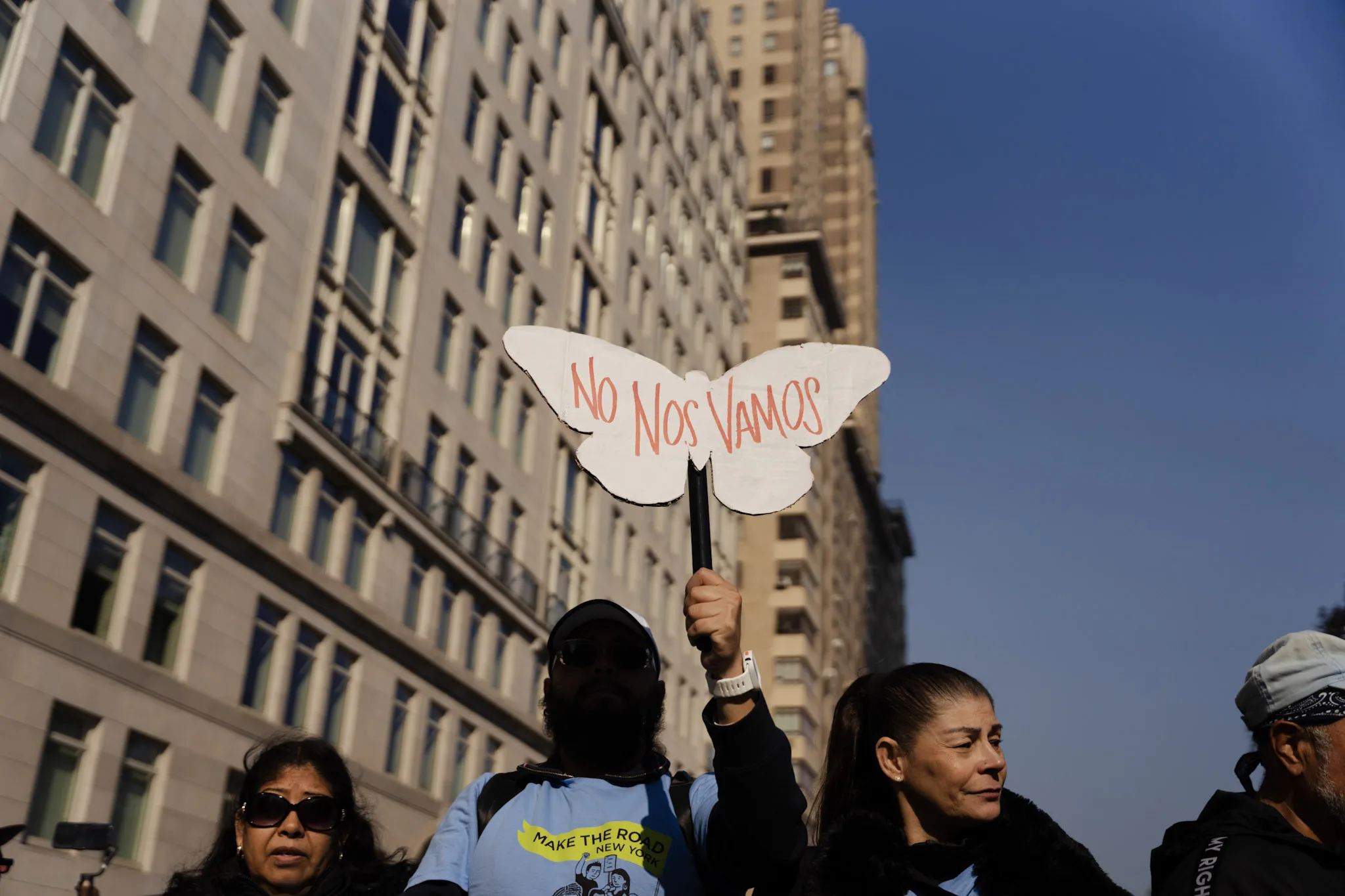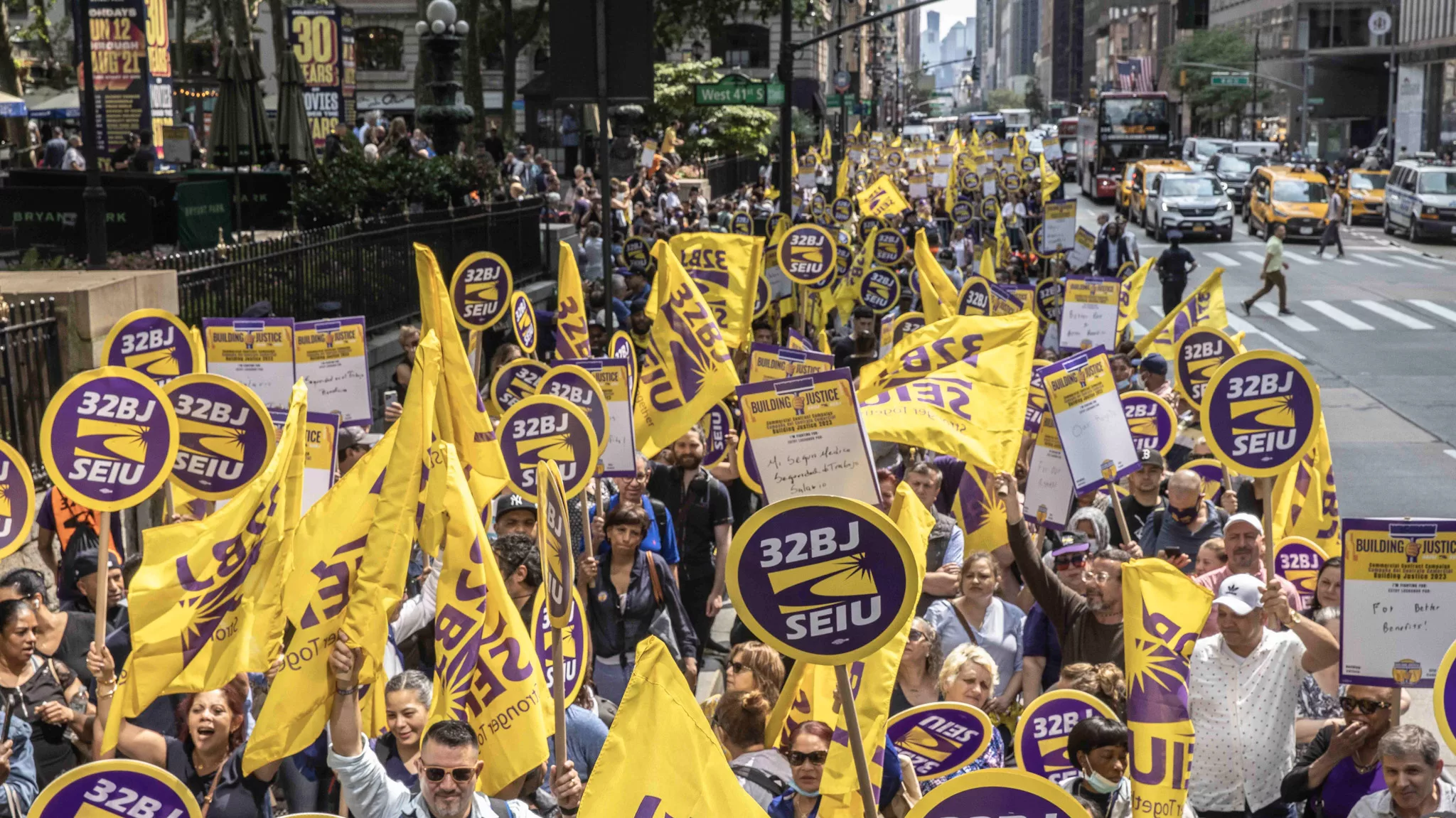When Donald John Trump became president in January 2017, there were 325,000 foreigners in the United States living under Temporary Protected Status (TPS). Now, with the election 2024 nearing, many have wondered what might happen to the TPS program with Donald Trump as president?
Congress and President George H.W. Bush first authorized The Temporary Protected Status humanitarian as part of the Immigration Act of 1990. Immigrants entering the U.S. were given temporary relief from deportation and received Temporary Protected Status, commonly referred to as TPS.
Eligible immigrants under TPS are allowed to stay and work in the U.S. for a designated period due to ongoing conflict, environmental disaster, or other extraordinary conditions in their home country that make it unsafe for them to return. Today, federal immigration officials can grant individuals TPS for up to 18 months, with the option to extend eligibility repeatedly based on conditions in an immigrant’s home country.
Also Read: What Happens To Migrants and Asylum Seekers if Trump Becomes President?
Beginning with his first term in 2017, President Trump attempted to end TPS designations for several countries, including El Salvador, Haiti, Honduras and Sudan. These efforts were part of a broader push to reduce immigration and limit protections for those already in the country. The administration argued that conditions in these countries had improved sufficiently for TPS holders to return despite ongoing challenges in these nations.
In November 2017, the Trump administration ended the TPS for 59,000 Haitians who benefited from the program after Haiti’s deadly earthquake that killed about 300,000 people and displaced 1.5 million in January 2010. The Trump administration also ended TPS for 2,500 Nicaraguans.
In January 2018, the Trump administration announced the end of TPS for nearly 200,000 immigrants from El Salvador, a country that was given TPS designation in 2001 after two earthquakes. It was the largest beneficiary group at that time.
The Trump administration tried to end TPS for six countries in 2017 and 2018: El Salvador, Haiti, Nicaragua, Sudan, Honduras and Nepal.
Terminating TPS for these countries was met with significant legal challenges. TPS holders and their U.S. citizen children challenged those efforts in court in the Ramos v. Mayorkas case. Federal courts issued injunctions preventing the immediate termination of TPS, and as a result, many TPS holders have remained in legal limbo, unsure of their future in the U.S.
But In 2023, the Biden administration redesignated and extended TPS for Haiti and Sudan for TPS. The administration also rescinded the Trump administration’s TPS terminations and extended TPS for El Salvador, Honduras, Nepal, and Nicaragua.
When President Joe Biden took office in 2021, he expanded TPS to several countries, including Ukraine, Ethiopia, Sudan, Cameroon, Myanmar, Syria and Venezuela. He also redesignated and extended TPS multiple times for many other nationals, including Haitians, with over 200,000 beneficiaries representing the second-largest group of beneficiaries, behind Venezuelans. As of August 2024, there are 16 countries designated for TPS, with over 850,000 beneficiaries living across the United States.
Now, with a potential return of Trump as president, many immigrants and advocates foresee legal and social uncertainties with TPS. It’s likely that the potential end of TPS under a Trump administration would continue to unravel the TPS program, placing millions at risk. Many have lived in the U.S. for decades, building lives, families and communities. The prospect of deportation would not only disrupt their lives but could also have ripple effects across communities where TPS holders are deeply integrated.
A 2017 report by the Immigrant Legal Resource Center (ILRC) revealed that ending TPS only for Haiti, El Salvador and Honduras would result in a $6.9 billion reduction in Social Security and Medicare contributions, a $45.2 billion reduction in GDP over a decade and $967 million in turnover costs due to the wholesale layoff of the entire employed TPS population from these three countries.
陈学理胜选凸显华人社区“右转”
In preparation of a potential second Trump presidency, many organizations like the New York Immigration Coalition (NYIC) have been at the forefront of the fight to protect TPS holders, says Murad Awawdeh, president and CEO of NYIC.
“Since the Department of Homeland Security determines which countries merit a TPS designation, a Trump presidency – whose campaign has already demonstrated unprecedented hostility to immigrants – could be disastrous for over 850,000 TPS holders and their friends, family, and colleagues who rely on them,” he said. “While in office, the Trump administration ended TPS for multiple countries, putting hundreds of thousands of people’s lives in jeopardy.”
“He [Donald Trump] tried to kill TPS before for hundreds of thousands of people who have lived here for decades, and we should expect he will try to strip away people’s work authorization and deportation protections by not renewing TPS if he returns. This is not only wrong for TPS holders and their families—many of whom have U.S. citizen children—but is terrible for the economy,” said Todd Schulte, President of FWD.us. This nonprofit organization advocates for bipartisan policies to reform immigration, criminal justice and education systems in the U.S.
“Former President Trump is promising a far-right, authoritarian xenophobic agenda that would harm nearly every state and affect millions of lives. This includes throwing the lives of TPS holders into chaos, all so he can try to further demonize immigrants,” said Schulte.














